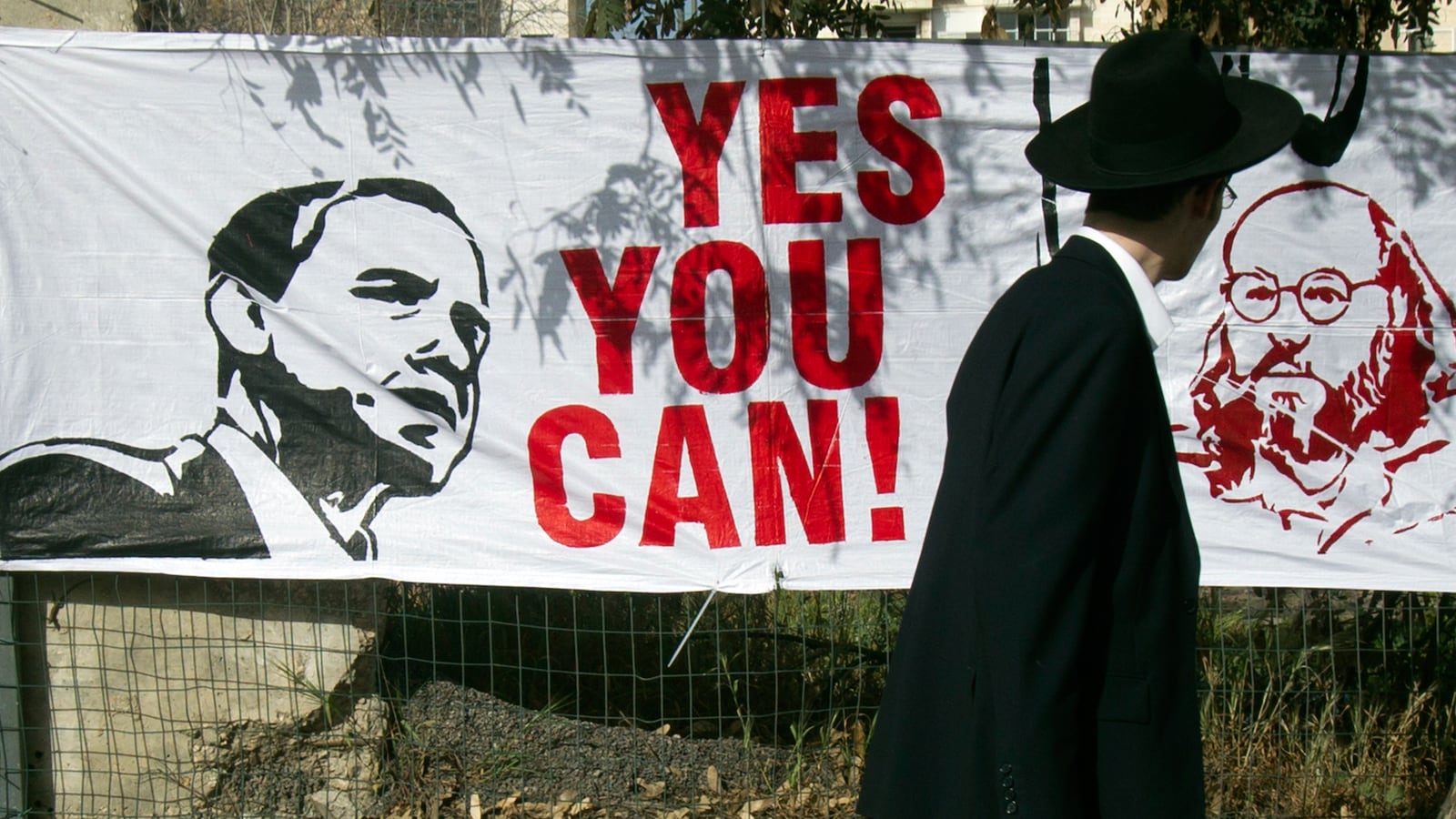Emily Hauser, whose work I normally very much enjoy, is the latest to join the ever-swelling ranks of the "Free Pollard" campaign—those who've decided for one reason or another that the former Navy analyst and convicted Israeli spy Jonathan Pollard should be set free before his sentence comes to an end. Hauser notes the apparently relatively long sentence, the solitary confinement, and she even cites my old friend and former colleague Larry Korb. Those are all fine arguments for releasing Pollard, but they don't seal the deal. So Hauser heaps on another set of arguments: that freeing Pollard will give Israelis and the American Jewish organizational world one fewer thing to complain about, and that Pollard might be used as a chit in talks with the Israelis over resuming their own talks with the Palestinians.

As for using Pollard as a chit, the question remains: for what? Hauser only offers another question as an answer: Could Pollard's release "actually help bring a two-state solution closer?" To which I must reply, "No." The reason relates to Hauser's second point: I'm not of a mind that the Israelis and their right-leaning American supporters have too many legitimate complaints about U.S. support for their various causes. The main pillars of the so-called special relationship—the "qualitative military edge" Israel maintains with the help of extraordinarily generous American aid, support for any and all security actions, and the diplomatic cover provided in international fora—remain as strong as ever. If the special relationship isn't enough to elicit any moderate Israeli concessions in the peace process, why would returning Pollard do the trick? (Anyway, I think Barack Obama gave up on the peace process, and John Kerry's stumbled so far in his bid to restart one.)
Hauser mentions in passing what I think is the best argument for not letting Pollard go, and it hits precisely on the head exactly the reason the recently ramped-up campaign for his release is such a kick in the teeth: Pollard is up for parole in two years. Given that he's not been a problem detainee—not to mention the controversy surrounding the length of his imprisonment—it's safe to expect parole will be granted. With only two years left before this likely event comes to pass, now seems hardly the time to ramp-up the campaign by enlisting elected Israeli officials and circulating petitions. Rather, one would think now would be an ideal moment for a grateful ally to ramp it down and bide their time. If parole is denied, that would be a good time to get the campaign going. In this light, the campaign to free him seems to me an embarrassment (and this is not even to mention some of the embarrassing and troubling issues to American Jews).
This embarrassment should be especially acute because Israel took more than a decade to even claim responsibility for Pollard, in 1998. Three years earlier, Pollard's request for Israeli citizenship was granted and Prime Minister Yitzhak Rabin made the first official appeal for clemency. That was still fully seven years after Pollard's sentencing, and one wonders why Israel can't wait another two now. Plus, those aren't the only ways Israel's cake-and-eat-it-too attitude has held up the progress in the Pollard affair: "The Israelis stonewalled the U.S. damage assessment after Pollard was caught, which is part of why we don't know the full extent of the damage" he did, wrote the former C.I.A. official Paul Pillar of Pollard's case in 2011. For Israelis who so feel this urgency to free Pollard, maybe they should consider the years their government wasted denying everything and refusing cooperation on security issues with their greatest defender and patron state. Perhaps that's something Israeli leaders can reflect on quietly for the next two short years as our justice system runs its course and we arrive at Pollard's parole hearing.





